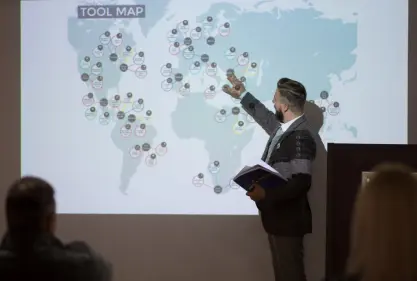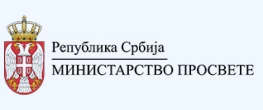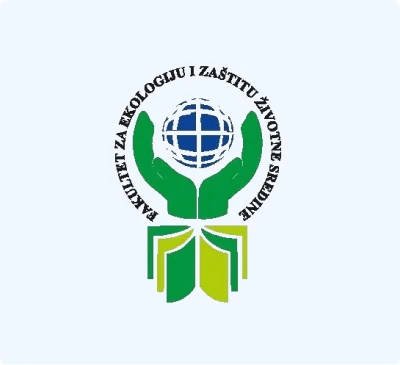

Prednosti Univerziteta Union Nikola Tesla
Inovativni studijski programi
Ponuda multidisciplinarnih studijskih programa prilagođenih potrebama modernog tržišta rada.

Međunarodna saradnja
Aktivna saradnja sa univerzitetima i institucijama širom sveta omogućava studentima pristup globalnim znanjima i praksama.

Fokus na kvalitet
Posvećenost visokim akademskim standardima i kontinuirano unapređenje kvaliteta obrazovanja.


Zašto Univerzitet Union Nikola Tesla?
Uzimajući u obzir važnost visokog obrazovanja kao temelja zasnovanog na znanju, ekonomskom i kulturnom razvoju društva, kao i unapređenju ljudskih prava i sloboda, Univerzitet ‘Union-Nikola Tesla’ posvećen je pružanju najviših akademskih standarda i pružanju obrazovanja koje zadovoljava društvene potrebe i ciljeve nacionalnog razvoja.






Fakulteti

Osnivač univerziteta
Kompanija “Graditelj-inženjering” je 2001.godine osnovala Fakultet za graditeljski menadžment. 2005.godine Fakultet za graditeljski menadžment zajedno sa Fakultetom za dizajn i Fakultetom za industrijski menadžment osnivaju Univerzitet UNION. 2010.godine Fakultet za graditeljski menadžment istupa iz Univerziteta UNION zajedno sa Fakultetom za menadžment nekretnina, Fakultetom za preduzetnički biznis i Fakultetom za ekologiju i zaštitu životne sredine i osnivaju Univerzitet “Union-Nikola Tesla” 2011.godine

Revit
Nastava iz Revit BIM softvera za projektovanje. U okviru predmeta na četvrtoj godini Fakulteta za graditeljski menadžment odseka za Arhitekturu i Građevinarstvo počev od letnjeg semestra 2023/24 organizovana je obuka iz Revit BIM softvera za projektovanje.
Prelazak sa drugih fakulteta
Student se može prebaciti na Univerzitet Union Nikola Tesla sa bilo kog srodnog fakulteta u toku junsko-julskog i septembarskog upisnog roka, bez obzira na trenutnu godinu studija.

Najnovije vesti
Partnerstva i članstva









Akreditacije

Komisija za akreditaciju i proveru kvaliteta
Univerzitet Union Nikola Tesla je priznata visokoobrazovna institucija koja je dobila akreditaciju od strane Komisije za akreditaciju i proveru kvaliteta. Ova institucija je svoj status akreditovane ustanove potvrdila odlukom KAPK-a iz 2020. godine.











